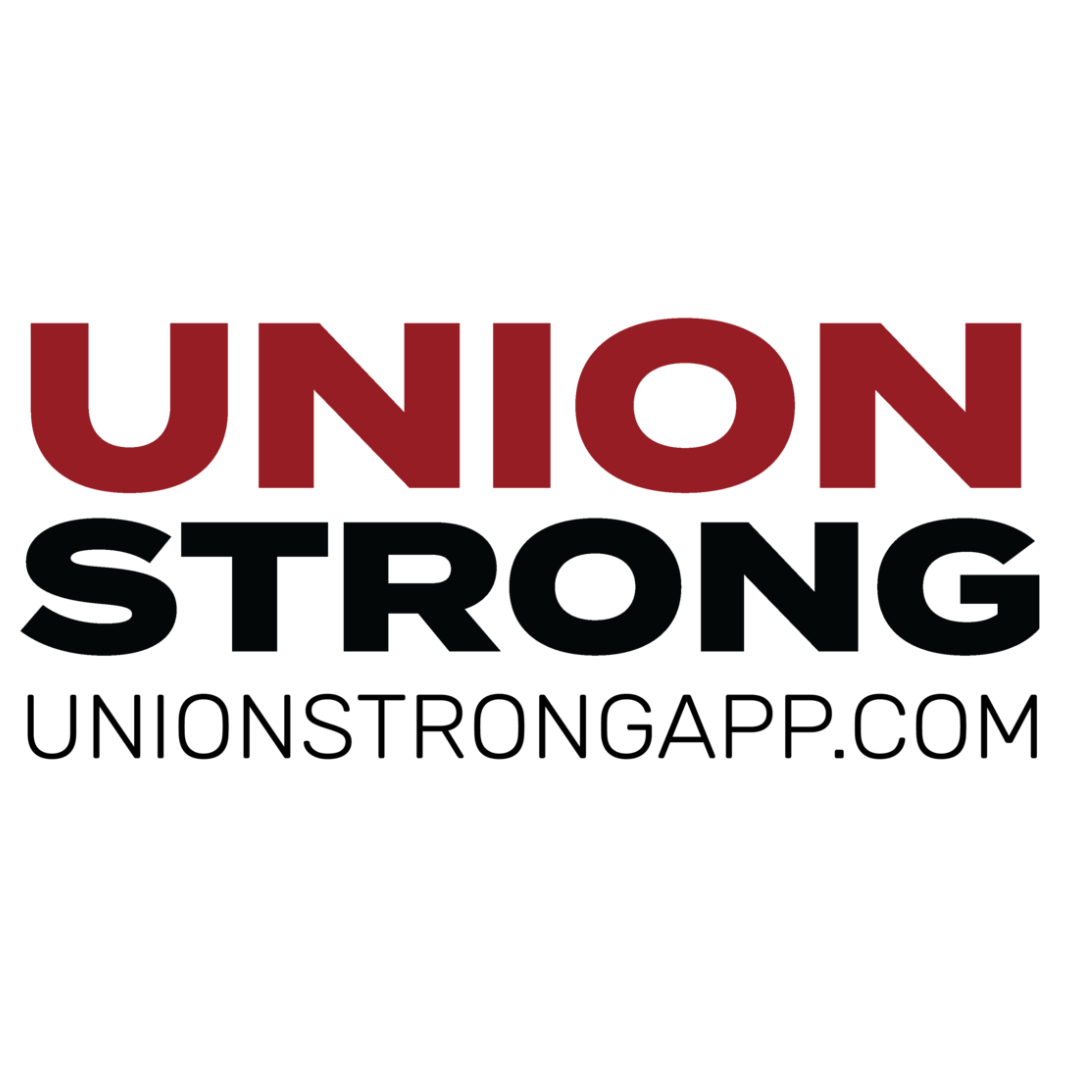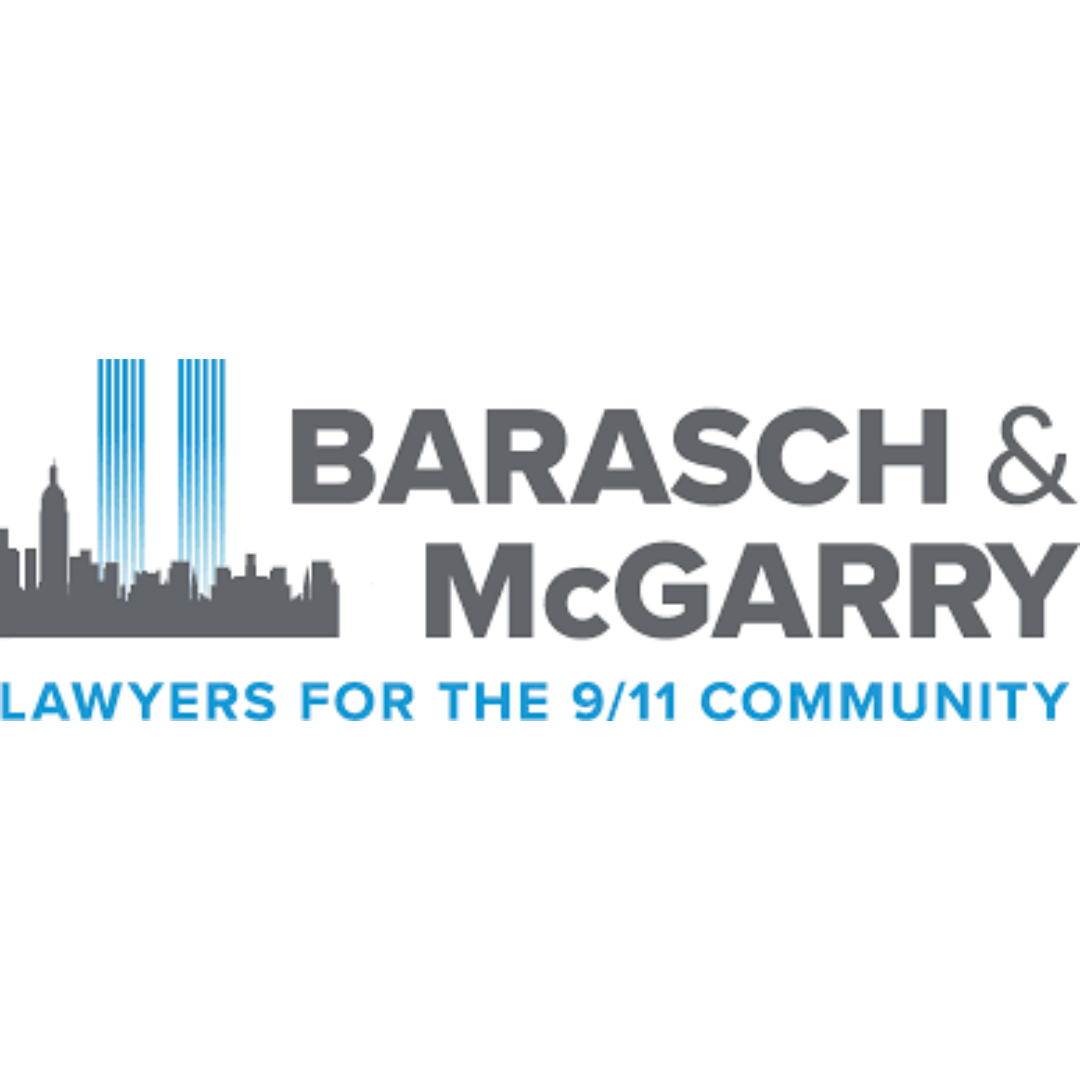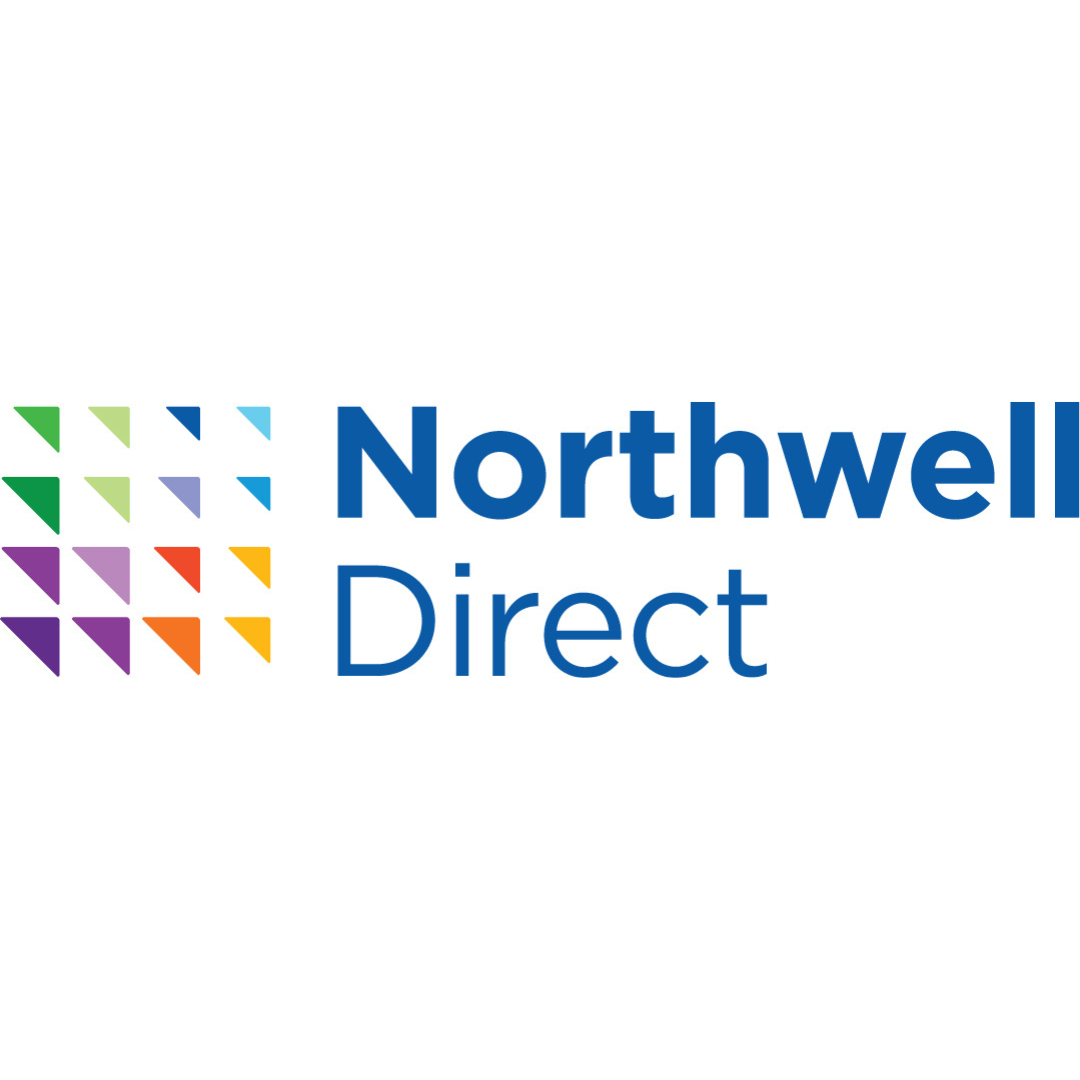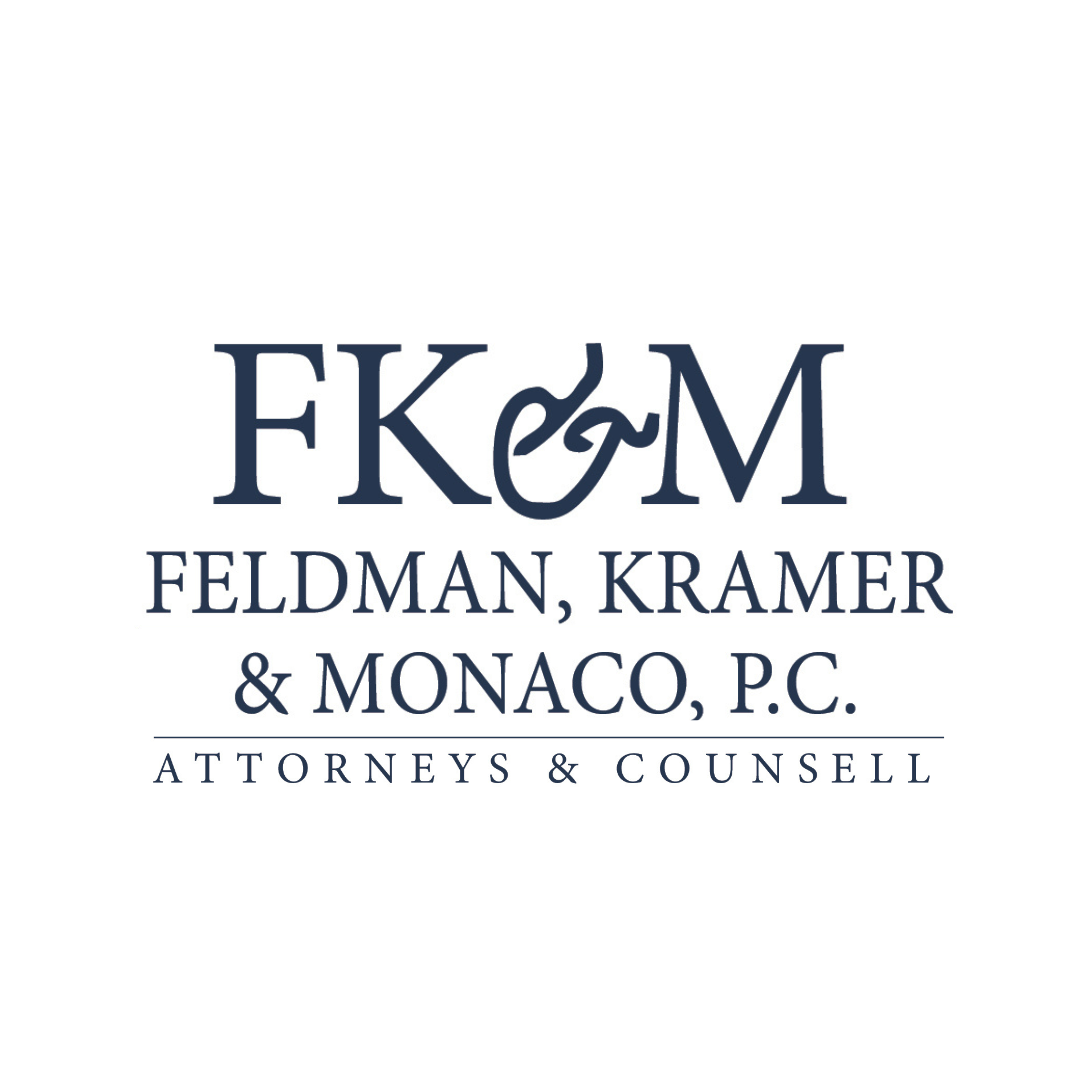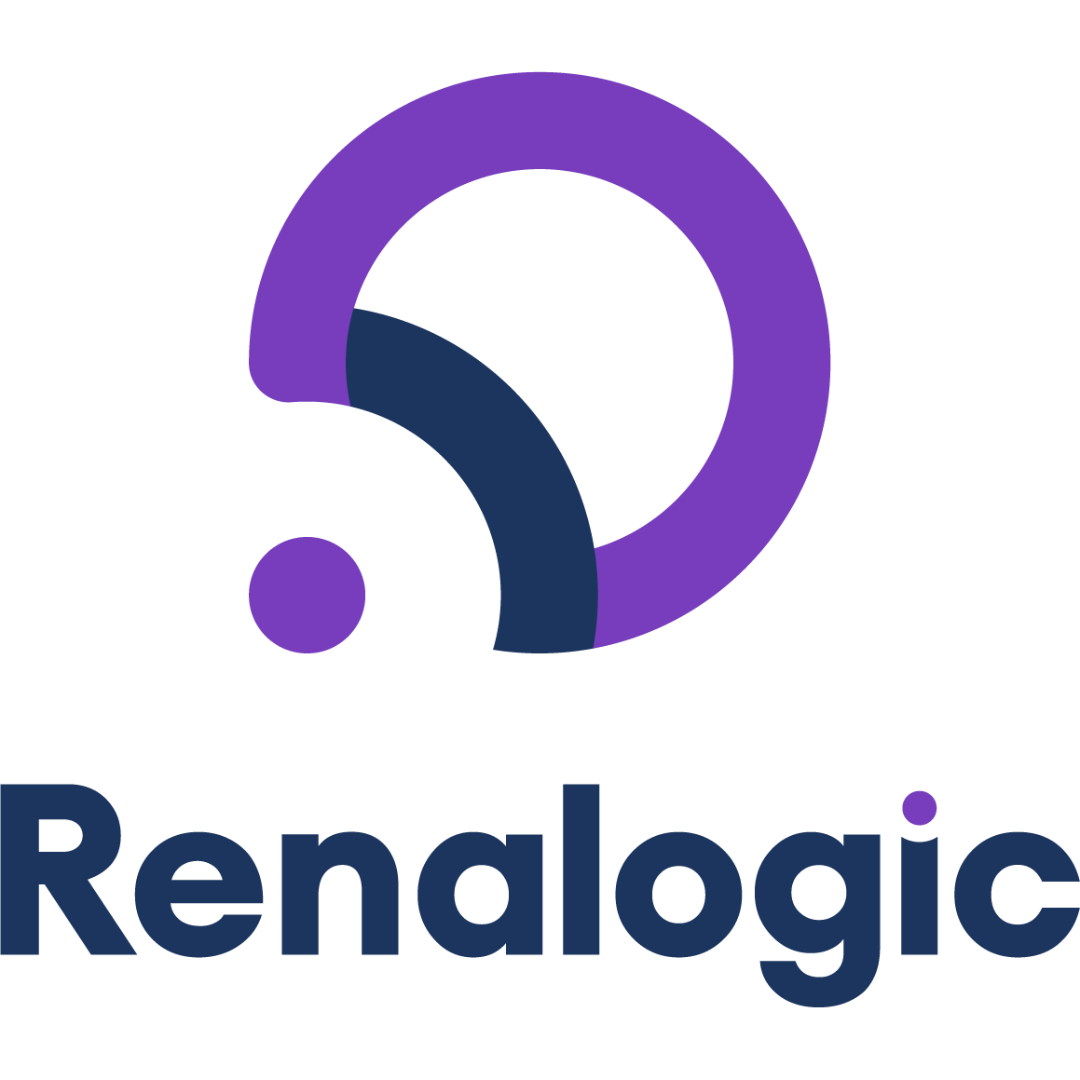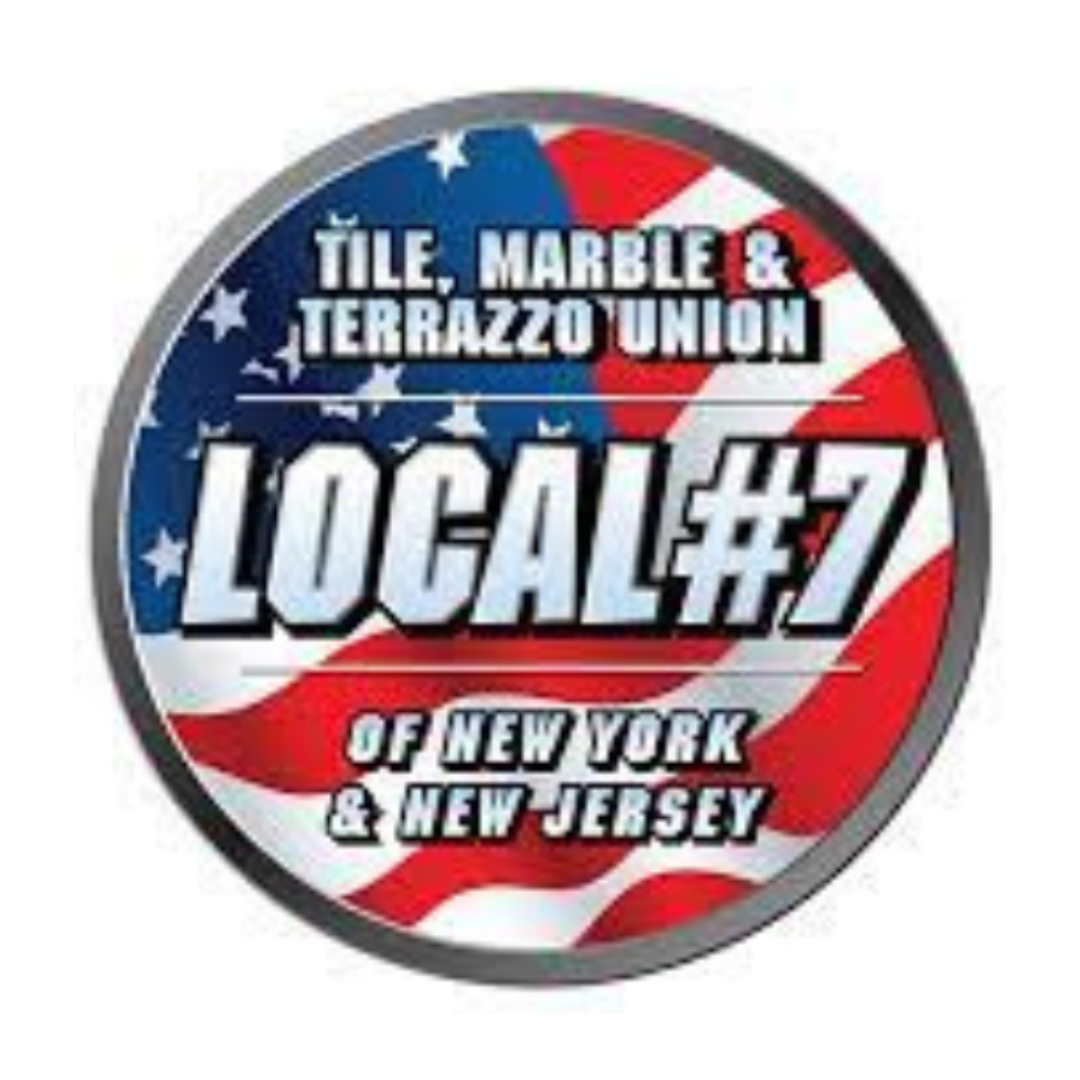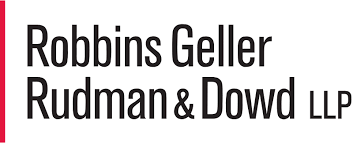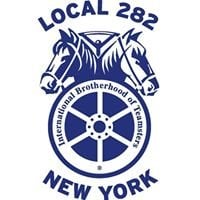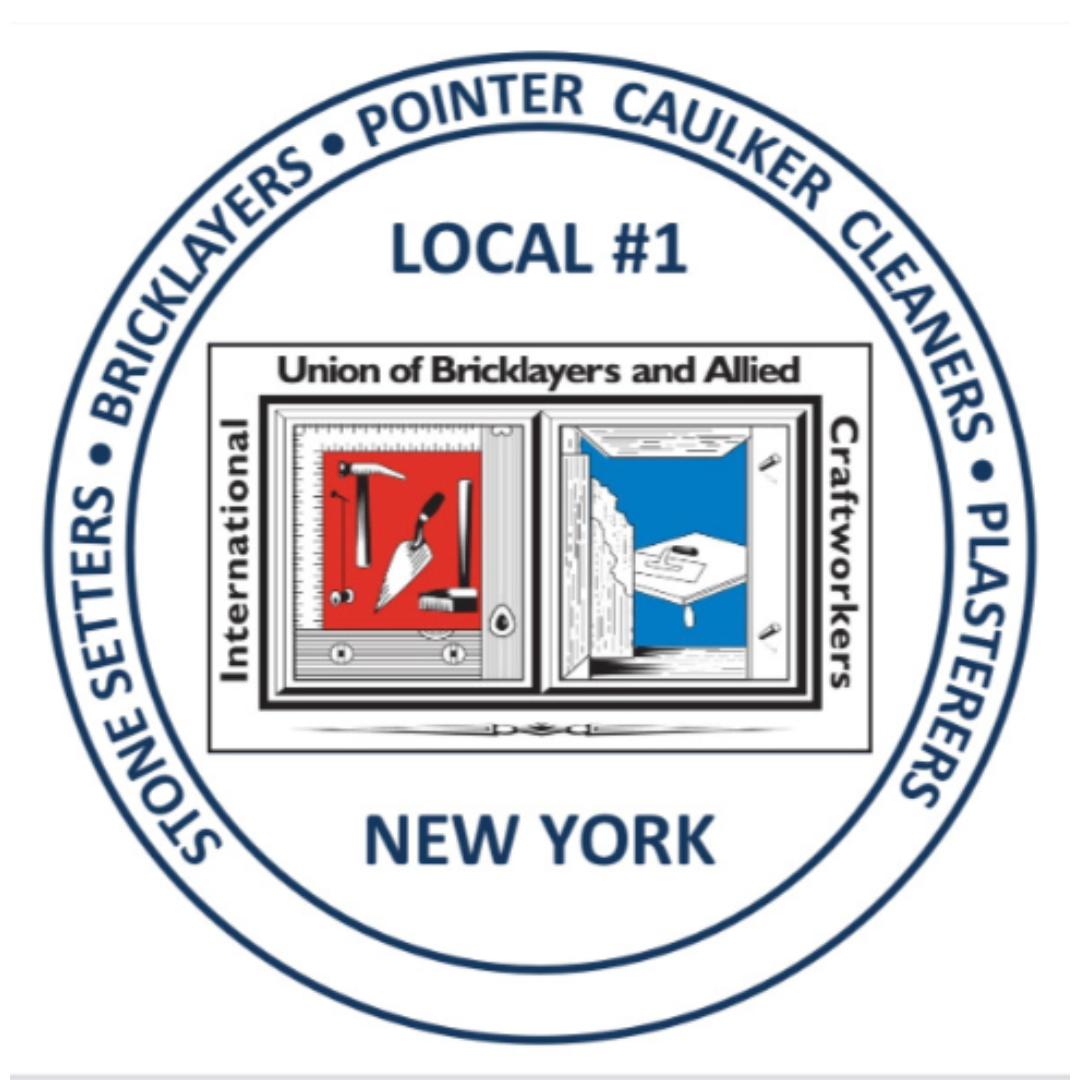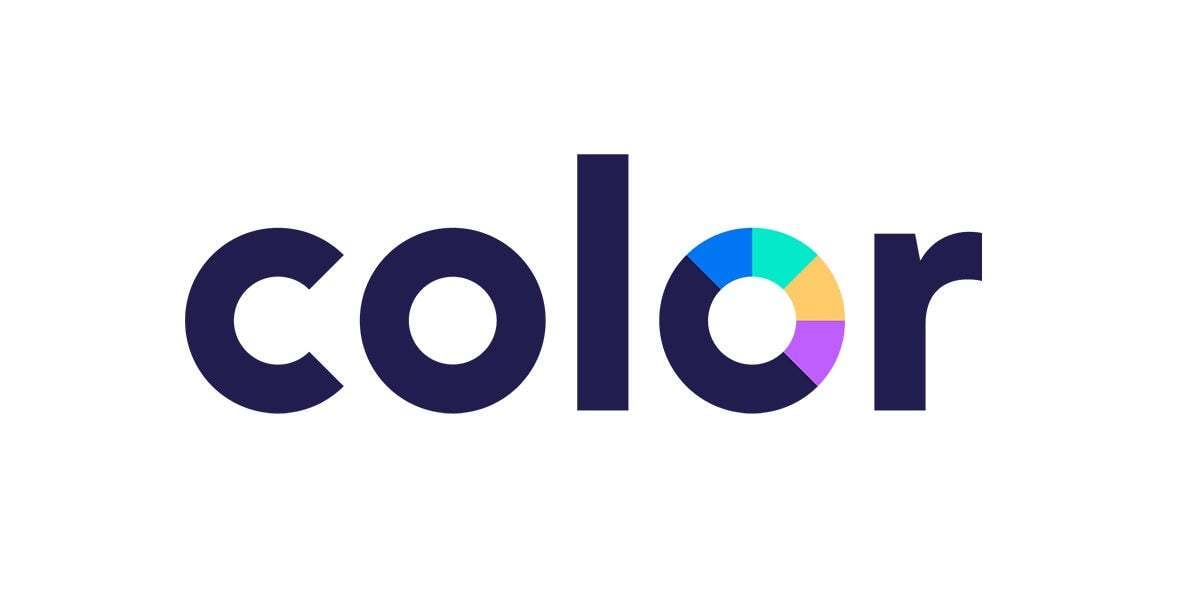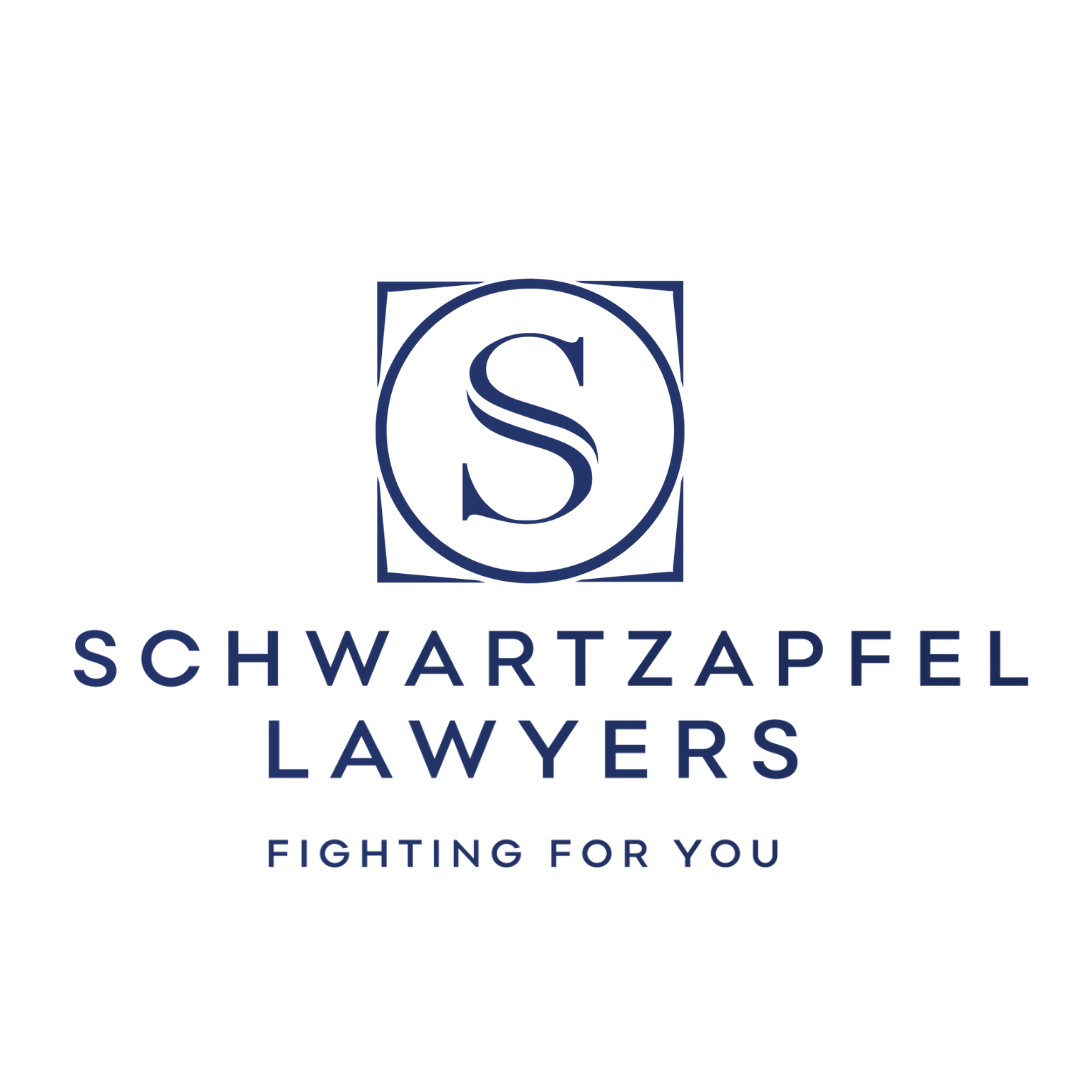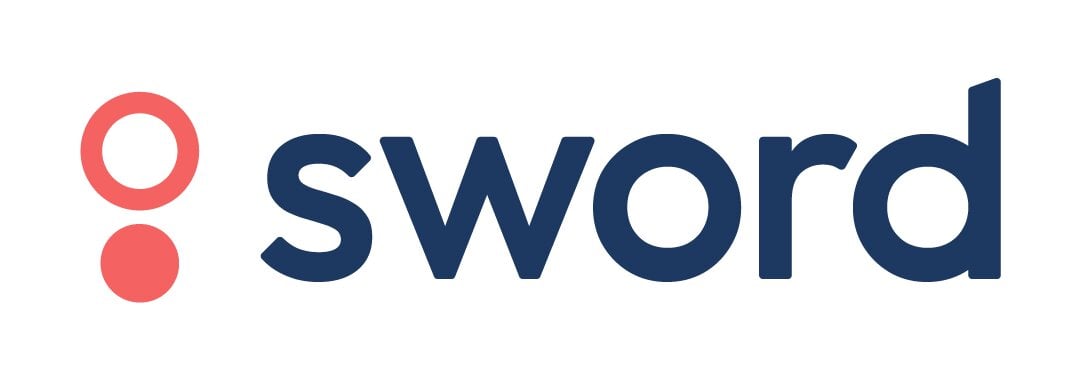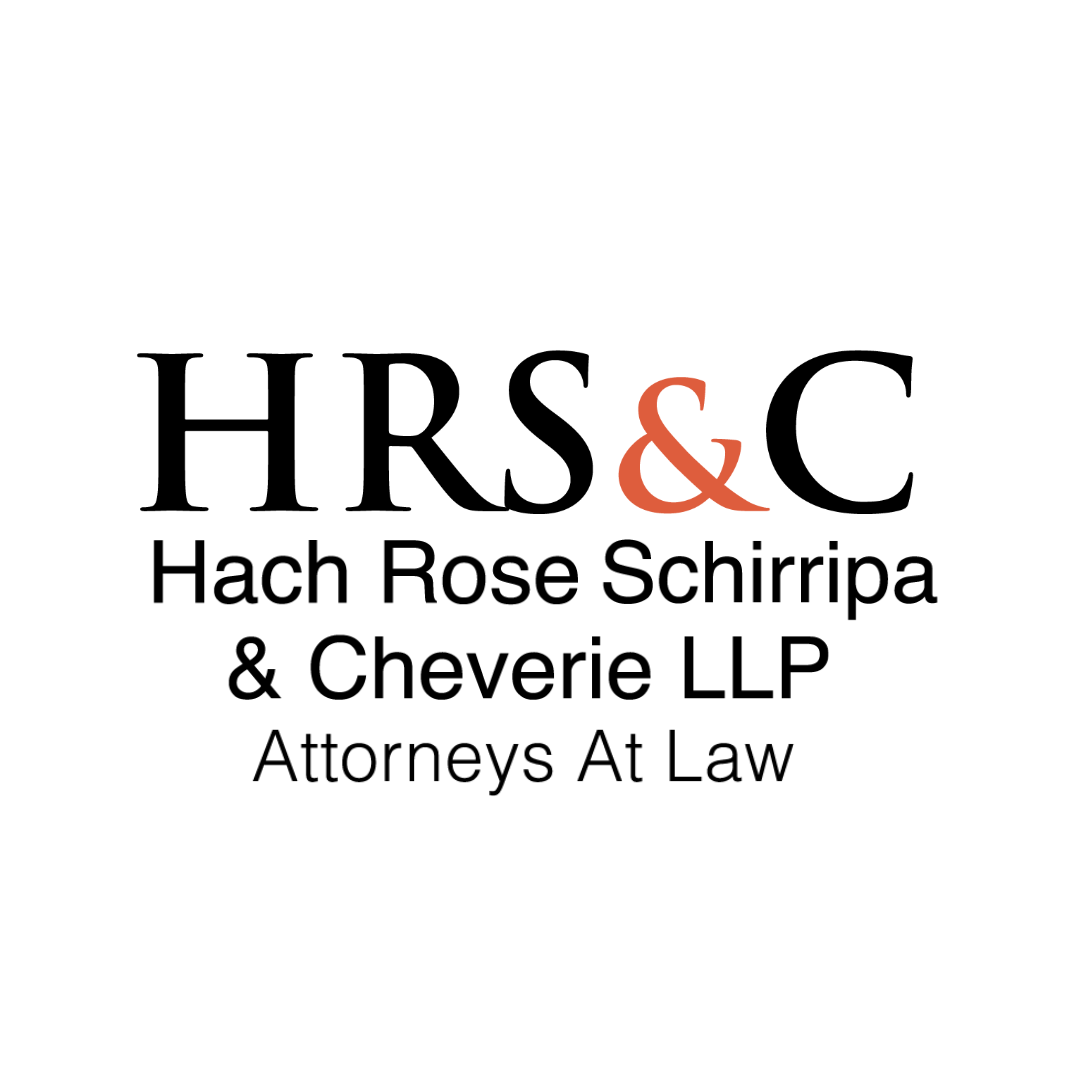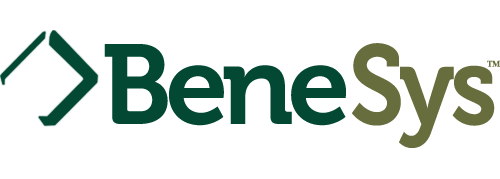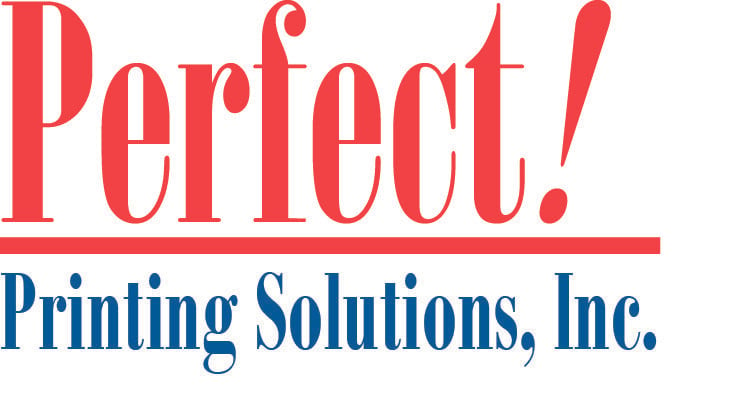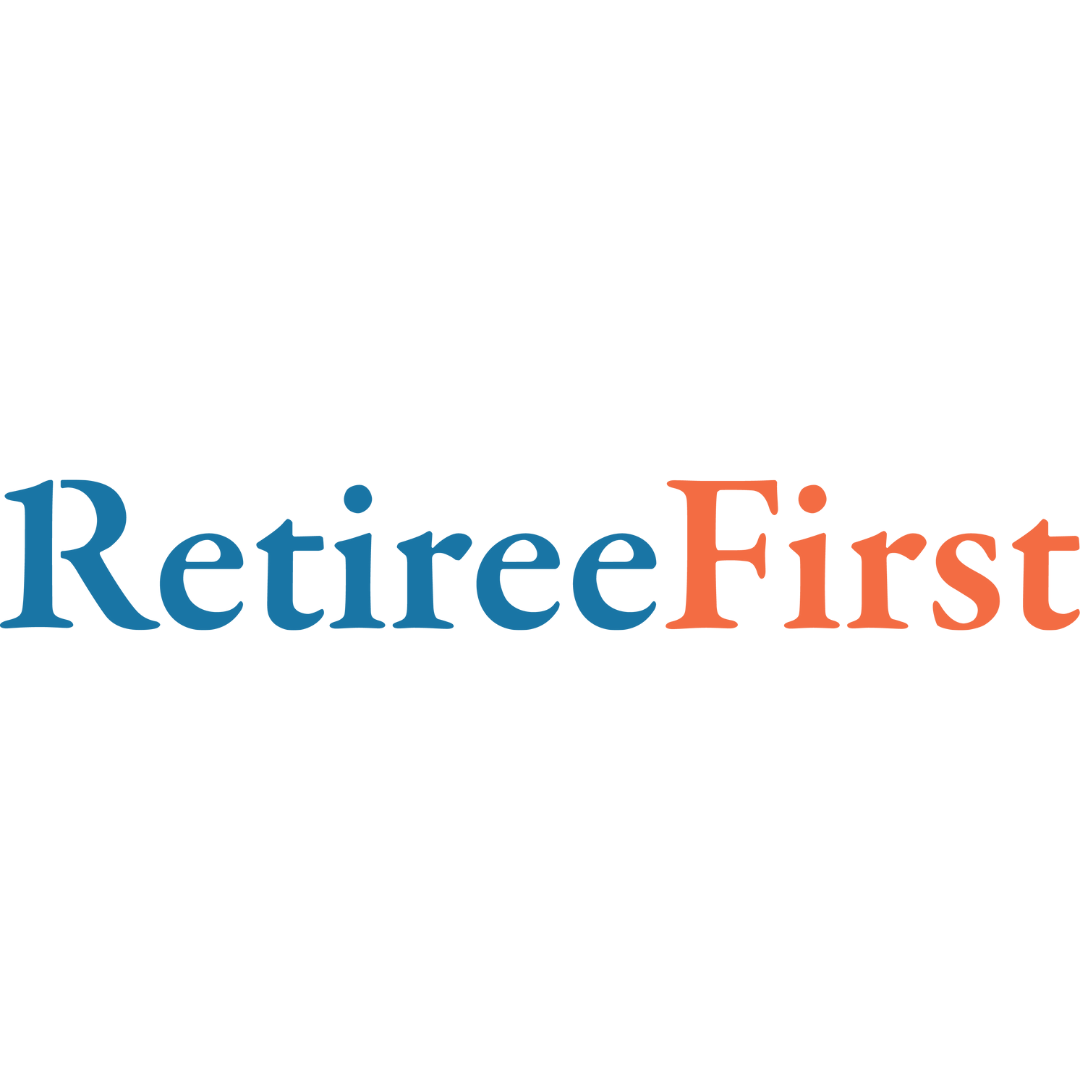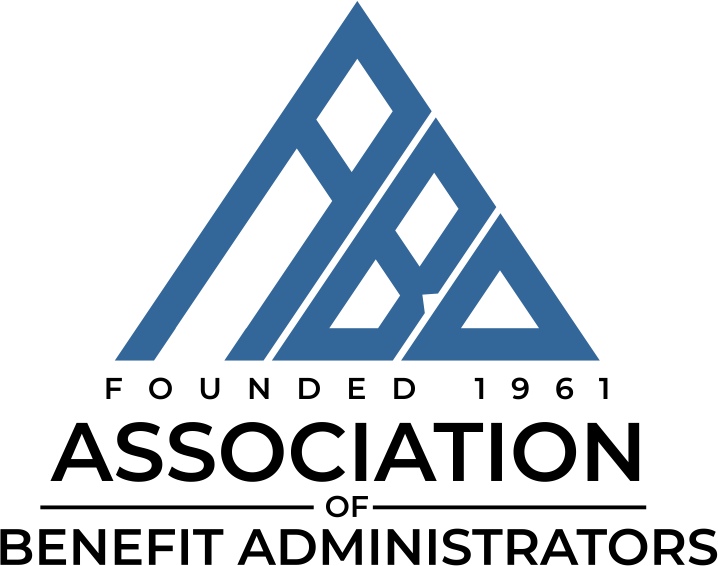What Are My Rights As An Employee?
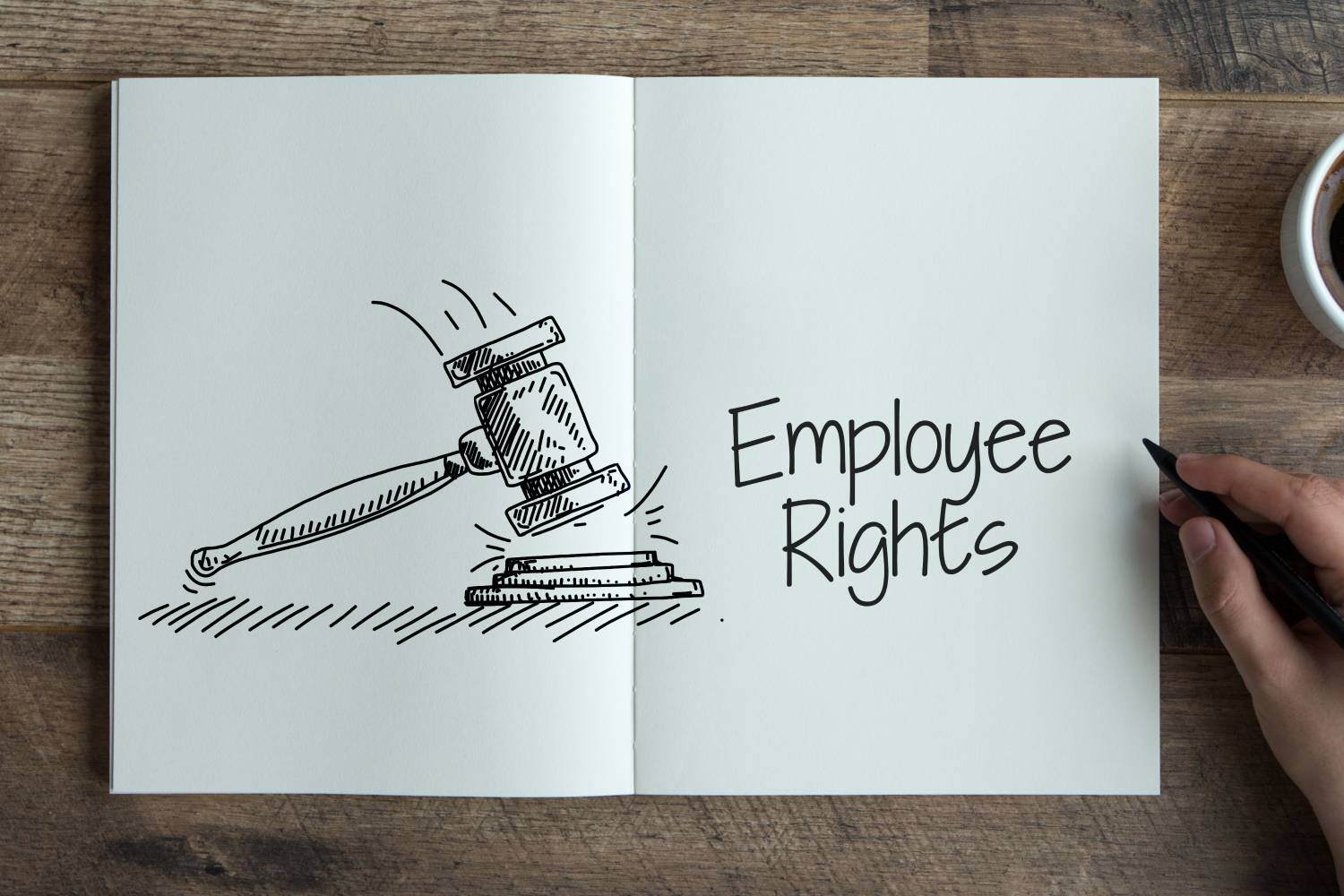
Navigating the maze of employee rights can be overwhelming, especially when you’re dealing with the ever-evolving landscape of labor laws, both federal and state-specific.
At Schwartzapfel Lawyers, we’re more than equipped to guide you through your rights and legal options. Got questions? Dial 516-342-2200 or visit us online to schedule your free consultation today!
What Are The Basics Of Employee Rights?
In today’s labor market, knowing your rights as an employee isn’t just a good-to-know — it’s a need-to-know. Whether you’re a seasoned pro or just starting, understanding these legal protections can be a game-changer. To this end, let’s discuss some key protections.
Know Your Protections
To kick things off, it’s essential to know that you have rights, regardless of your immigration status, national origin, or country of origin. Agencies like the Department of Labor and the Equal Employment Opportunity Commission (EEOC) work tirelessly to ensure these laws are enforced.
When you ask, “What are my rights as an employee,” there are specific areas that need to be addressed. These are things like a fair minimum wage, workplace safety, and freedom from discrimination.
Wages and Overtime
In the state of New York, the minimum wage stands at $15 an hour. If you’re pulling in more than (40) hours a week, your employer must pay you time and a half for every one (1) hour of overtime. It’s not a suggestion; it’s a legal requirement. Make sure you’re getting paid what you’re owed.
Safe and Healthy Work Environment
Nothing’s more fundamental than your well-being on the job. Enter the Occupational Safety and Health Administration (OSHA). They mandate that your workplace must be devoid of known health and safety hazards.
We’re not just talking about avoiding slippery floors; this extends to ensuring your safety when you’re away from the office but still on company time.
For more on this and related subjects, please call Schwartzapfel Lawyers at 516-342-2200 or visit us online today!
Discrimination
Discrimination is not just an old, antiquated concept — it’s illegal. Whether it’s age, gender identity, sexual orientation, or any other factor, federal and state laws give you the right to work in an environment free from discrimination. If you feel marginalized, don’t hesitate to raise the red flag.
What About Workers’ Comp?
Now that you’ve got a good grasp of employee rights, let’s shift our focus to the world of workers’ compensation. As an example, say you find yourself with a sprained wrist after a slip at the construction site. You need to know what to do next, and that’s where workers’ comp comes in.
When and How Does Workers’ Comp Apply?
If an incident does happen, prioritize your health — make a beeline for medical help, and pick a doctor you trust, not just one your employer recommends. Once you’re well enough, it’s time to get on the horn with a competent New York construction accident attorney.
For award-winning advice, consider giving Schwartzapfel Lawyers a ring at 516-342-2200. Remember, time’s ticking, and if you wait too long, you risk losing out on the money and benefits you are entitled to.
That’s why you must act today — to protect your tomorrow. Otherwise, your window to recover financially may soon close forever.
What’s Covered By Workers’ Comp?
But what exactly does workers’ comp cover? It’s not just bandages and hospital gowns; you could be missing out on wages and retirement benefits like annuities and pensions if you’re sidelined due to injuries.
That’s why talking to a knowledgeable lawyer is not a “maybe” but a “must.” Don’t let the fine print trip you up — make sure you’re equipped to claim what you’re rightfully entitled to.
Is Legal Assistance Really Necessary?
If you or a loved one has questions about what you’re entitled to, it’s essential to consult a qualified lawyer right away. One call to Schwartzapfel Lawyers at 516-342-2200 could save you miles of headache, heartache, and financial strain down the line.
We know that understanding your rights as an employee can feel like learning a foreign language — and that’s what we’re here for. So, please, if you or a loved one needs help, don’t hesitate. Your window to recover the money and benefits you deserve could close forever.
To keep that from happening, you must act now. And you can do this by calling Schwartzpafel Lawyers or visiting us online to schedule your free consultation today!
What Else Should You Know About Employment Law?
Employment law is a broad area that encompasses a range of issues, from workplace discrimination to wage disputes. Understanding its scope can be your most potent weapon in ensuring fair treatment at your workplace.
While this guide doesn’t cover every nuance of employment law, it’s a strong starting point. Knowledge is not just power, and it’s your first line of defense in protecting your employment rights.
Basic Laws And Regulations
Federal law sets the baseline for employment standards, such as the Federal Minimum Wage. State laws, like those in California or New York, can offer more stringent protections. Knowing both can help you navigate your legal rights more effectively.
The Fair Labor Standards Act (FLSA) governs wage and hour laws, including federal minimum wage, overtime pay, and provisions for sick leave. The standard workweek is defined by the FLSA and comprises (40) hours, after which overtime pay kicks in for non-exempt employees. Overtime pay stipulates that non-exempt employees must receive one and a half times their standard rate for hours worked beyond the regular (40)-hour workweek.
The Family and Medical Leave Act (FMLA) permits eligible employees to take unpaid, job-protected leave for certain medical and family reasons, including caring for family members with severe health conditions.
Government agencies like the National Labor Relations Board (NLRB) oversee compliance with labor laws and offer resources to educate you about your legal rights.
Working Conditions and Discrimination
Ensuring safe and healthy working conditions is not just a legal obligation for employers but also a moral one. OSHA sets these guidelines.
Sexual harassment at the workplace is illegal under federal law, through the Civil Rights Act of 1964, and state-specific discrimination laws. Discrimination laws also protect not just against prejudiced employers but also discriminatory behavior from co-workers. The collective responsibility ensures a harmonious work environment.
To speak with a qualified employee-rights attorney at no charge, call Schwartzapfel Lawyers now at 516-342-2200 or visit us online to schedule your free case evaluation today!
Rights of Job Applicants
Job applicants are also protected by employment law. Discrimination based on age, sexual orientation, or any other factor is illegal during the hiring process.
Wrongful Termination
Wrongful termination can occur for various reasons, including discrimination or breach of employment contract. Legal avenues exist for redress.
ADA, Medical Conditions, and Reasonable Accommodations
The Americans with Disabilities Act (ADA) mandates employers to provide reasonable accommodations to employees with disabilities, ensuring equal opportunity in employment.
Employers may not discriminate based on medical conditions or genetic information. Many companies also offer health care benefits as part of their employment package.
Meal Breaks and Rest Periods
State laws often govern meal breaks and rest periods. For example, in some states employees are entitled to a (30)–minute meal break with every eight (8)-hour shift.
Union and Collective Bargaining
Collective bargaining rights are protected by federal law, allowing employees to negotiate work conditions, wages, and benefits.
Your employment contract is the foundation of your working relationship with your employer. Make sure it’s in line with both federal and state laws to safeguard your rights fully. If you feel that any of these rights have been violated, you can make sure your rights are maintained by calling Schwartzapfel Lawyers at 516-342-2200 now.
What Can You Do If Your Worker Rights Are Violated In New York?
Being informed about your worker rights is half the battle. The other half is knowing what to do if those rights are compromised. New York Labor Law is a robust framework that ensures your safety and fair compensation.
However, in instances where your employer does not adhere to these regulations, taking immediate action is crucial. Let’s unpack your course of action.
What Are Some Frequent Violations To Be Aware Of?
To identify a problem, you need to know what to look for. Some of the most common violations under New York Labor Law include:
- Minimum Wage Violations: New York has strict guidelines on minimum hourly wages, varying by location within the state. Falling short of these regulations is a breach that needs immediate addressing.
- Employee Misclassification: Incorrectly categorizing an individual as an independent contractor instead of an employee is a prevalent violation. Such misclassification can affect eligibility for benefits and overtime compensation.
- Overtime Payment Violations: Unless specific job duties categorize you as exempt, you are entitled to overtime compensation for hours worked over the standard 40-hour workweek.
If you encounter any violations related to worker rights, consider speaking with a Schwartzapfel Lawyers team member today. And please know, legal consultations are not merely for courtroom appearances; they provide a critical step to better understanding your rights and effectively preparing your case.
Whistleblower And Retaliation Protections: Reporting Safely
Concerned about repercussions for reporting violations? Rest assured that New York Labor Law has protections in place against employer retaliation for instances involving but not limited to:
- Making a public complaint.
- Initiating legal action.
- Collaborating with the Department of Labor.
- Providing information in a Department of Labor investigation.
Additionally, the reporting of retaliatory behavior is also protected under the law. As such, in the event that you or a loved one feels as though your rights have been infringed for reporting such behavior, please don’t hesitate to call Schwartzapfel Lawyers now at 516-342-2200.
Penalties For Employer Non-Compliance
Employer violations of New York Labor Law can result in serious repercussions, including criminal charges and financial penalties. Moreover, if wage theft is identified, the court mandates not only repayment of owed wages but also possible liquidated damages as additional compensation.
Sources:
Schwartzapfel Lawyers, P.C. | Fighting For You
Workers Rights – Know Your Rights | DCWP
New York’s Minimum Wage | Department of Labor
Legal Highlight: The Civil Rights Act of 1964 | U.S. Department of Labor

